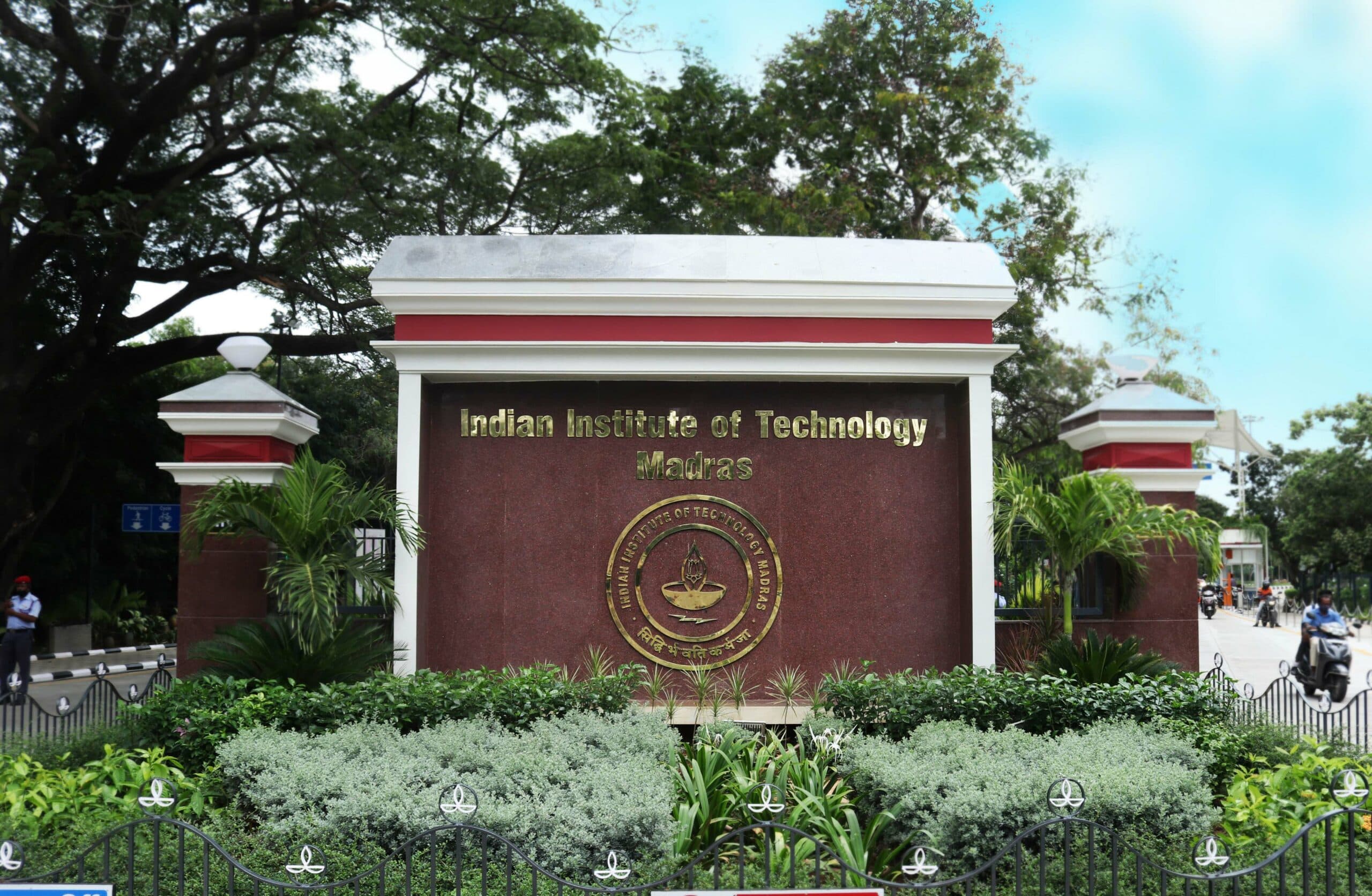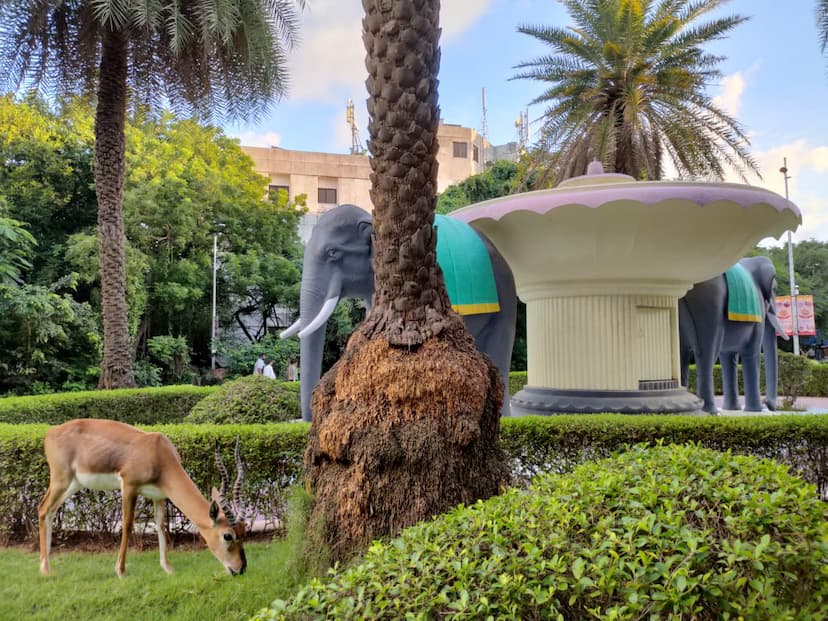Monolith and IIT Madras to launch great programme

Monolith Research and Training Labs and IIT Madras will launch advanced diploma programme in Virtual Reality to be offered in both online and offline mode.
The course being launched by Monolith and IIT Madras is open to all those who have background in engineering. It is also for those students who are currently enrolled in engineering degrees anywhere in India.


Professor Devendra is the chairman of Centre For Continuing Education (CCE) at IIT Madras and Mr. Yathirajan is the director of Monolith Research and Training Labs.
Also read ‘Apply for XAT 2022 till 30 November’
Monolith Research and Training Labs is an associate company of Monolith Asia which is a leading Japanese media communication technology company.

Course
The course is being coordinated by IIT Madras by the Centre of Excellence on Virtual Reality and Haptics which is setup under the ‘Institution of Eminence’ initiative of Government of India.
Unique aspects
Professor M. Manivannan of Department of Applied Mechanics at IIT Madras spoke about the unique aspects about the programme that is being launched by IIT Madras and Monolith Research and Training Labs.
Virtual Reality is inherently a practical and an interdisciplinary course. Offering such an experiential and interdisciplinary course online is quite challenging, said Professor Manivannan.

Both IIT Madras and Monolith have taken this as a challenge to offer this course for the first time in India, he said.

The course is offered as a part of IoE-CoE on VR and Haptics at IITM which is India’s first Research and Product Innovation centre for XR and haptics technology, also known as Experiential Technology Innovation Center (XTIC.org).
Yathirajan Varadharajan
Director of Monolith Mr. Yathirajan Varadharajan said experiential and immersive technology is rapidly developing and transforming key industries from architecture and engineering to healthcare and media production.

Various studies and research papers on immersive technology suggests that it has the potential to boost the global economy by US$ 1.5 trillion by adding 23 million jobs globally including new jobs that do not exist now or by enhancing the existing jobs by 2030, said director of Monolith.
Read More – top 20 colleges in Andhra Pradesh
This economic growth is under a threat due to the lack of availability of skilled resources for employers across the globe, said director of Monolith.
Mr. Yathirajan further said their MoU with IIT Madras strengthens the vision of Monolith to create a learning path in emerging technologies and provide visibility to employment opportunities present across the APAC region for its learners.

This advanced diploma program shall be available for students/freshers with minimum bachelor’s degrees or for working professionals who are aspiring to upskill in immersive technologies.
XR technologies
More common technologies adapt XR technologies to provide stunning visual experiences to users. Recently product development, visualization, learning and development have seen a major push to advance and enable remote and visual experience to the user.
Application
The application for this course being launched by IIT Madras and Monolith Research And Training Labs will be available from November 2021 and the first batch will commence from January 2022. The annual intake of this course being launched by Monolith and IIT Madras will be 50 students.

Monolith Research And Training Labs, an associate company of Monolith Technologies Private Limited provides niche courses in the media and emerging technologies across APAC.
Monolith has branch offices across India in Chennai, Bengaluru, Hyderabad, Mumbai, Pune, Delhi NCR. Monolith’s associate companies are spread across eight countries in the APAC (Japan, China, Hong Kong, Republic Of Korea, Singapore, Australia, India) and EMEA (United Kingdom) region.
About IIT Madras
Indian Institute of Technology Madras (IITM) was established in 1959 by the Government of India as an ‘Institute of National Importance.’
The activities of the Institute in various fields of Science and Technology are carried out in 16 academic departments and several advanced interdisciplinary research academic centres.
The Institute offers undergraduate and postgraduate programmes leading to B.Tech., M.Sc., M.B.A., M.Tech., M.S., and Ph.D., degrees in a variety of specialisations.
IITM is a residential institute with more than 600 faculty and 9,500 students. Students from 18 countries are enrolled here. IITM fosters an active entrepreneurial culture with strong curricular support and through the IITM Incubation Cell.
IITM has been ranked No.1 in the ‘Overall’ Category for the third consecutive year in India Ranking 2021 released by National Institutional Ranking Framework, Ministry of Education, Government of India.

It was also adjudged as the ‘Top innovative Institution’ in the country in Atal Ranking of Institutions on Innovation Achievements (ARIIA) in 2019 and 2020. ARIIA Ranking was launched by the Innovation Cell of Ministry of Education.









